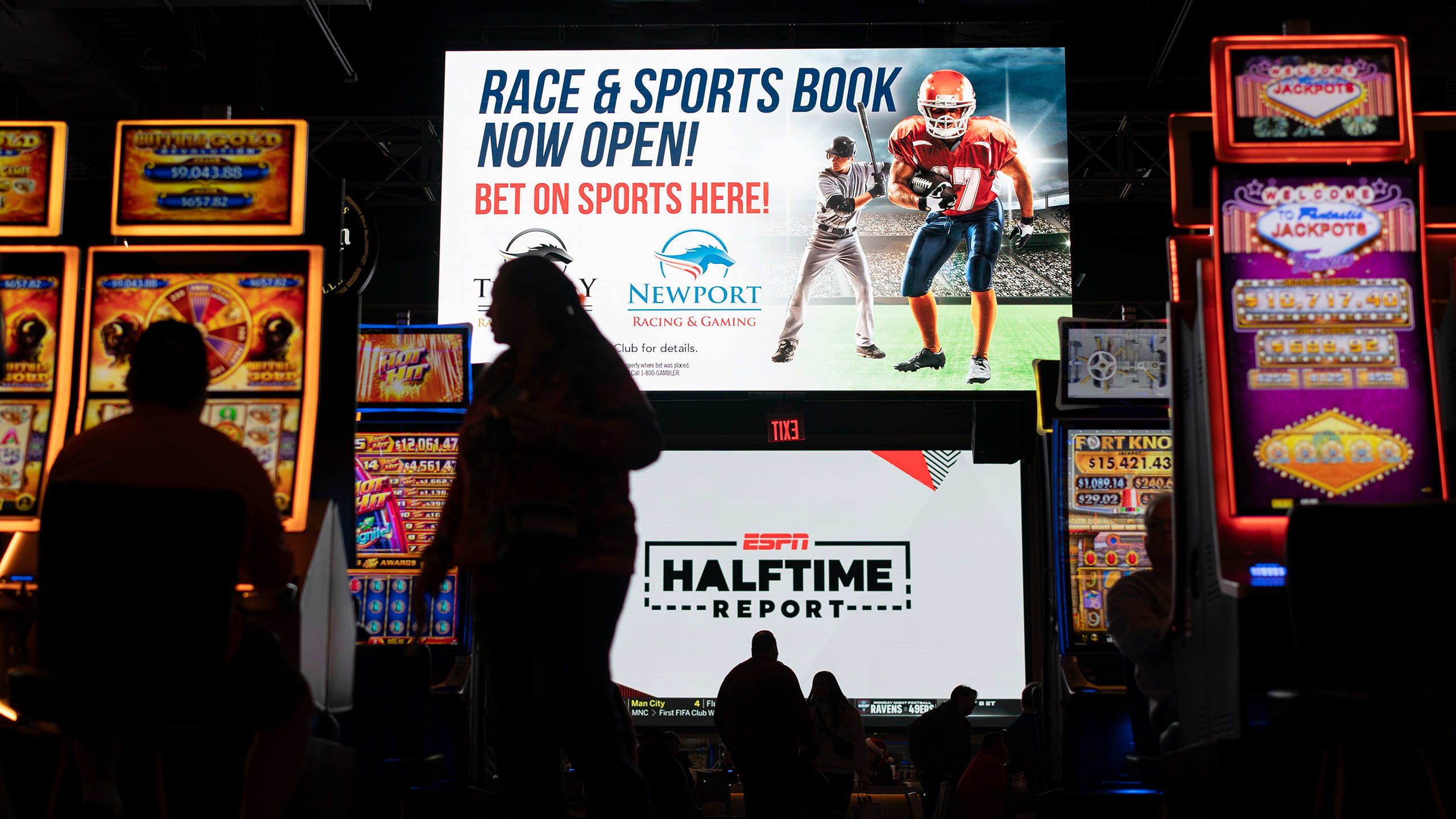The landscape of sports betting in the United States has undergone a dramatic transformation over recent years. With the repeal of PASPA (Professional and Amateur Sports Protection Act) in 2018, states have been increasingly moving to legalize and regulate sports betting within their borders. This expansion reflects growing acceptance and interest in sports wagering, fueled by both economic incentives and shifting public attitudes. As the movement continues to gain momentum, the question arises: which states are poised to join the expanding roster of sports betting jurisdictions?
The Current State of Sports Betting
As of now, numerous states have legalized sports betting, contributing to a rapidly growing market. States like New Jersey, Pennsylvania, and Michigan have seen significant revenue generation from sports betting, underscoring its potential economic impact. These early adopters have established a framework that other states are now looking to replicate or build upon.
Key aspects of successful sports betting legislation include the establishment of regulatory bodies, frameworks for licensing operators, and provisions for responsible gambling. The experience of these states provides valuable insights for others considering similar measures.
States Showing Strong Interest
Several states are currently exploring or actively pursuing sports betting legislation. Here’s a look at some of the most likely candidates:
1. California
California, home to the largest population and one of the biggest sports markets in the country, has been a focal point of sports betting discussions. Efforts to legalize sports betting in California have been ongoing, with several legislative proposals and ballot initiatives in recent years. The state’s extensive sports landscape and economic potential make it a prime candidate for future legalization.
2. Florida
Florida has already made strides toward legalizing sports betting. After legalizing sports betting in 2021, the state faced legal challenges that have delayed full implementation. However, ongoing discussions and legislative efforts suggest that Florida remains a strong contender for expanding sports betting opportunities, particularly with its large population and major sports teams.
3. Texas
Texas is another state where sports betting has gained considerable attention. The state’s size and sports enthusiasm make it a major prize for the industry. While there are significant political and legislative hurdles to overcome, ongoing discussions and lobbying efforts indicate that Texas could be on the path to legalization in the near future.
4. Ohio
Ohio is actively pursuing sports betting legislation, with recent developments indicating that it is on the cusp of joining the ranks of legal sports betting states. The Ohio legislature has been working on crafting a regulatory framework, and sports betting could become operational in the state soon, driven by a robust sports culture and strong public support.
5. Georgia
Georgia has seen increasing interest in sports betting legislation, with various proposals being considered. The state’s growing sports scene and the potential for revenue generation make it a strong candidate for legalization. Legislative efforts and public support suggest that Georgia may move closer to legalizing sports betting in the coming years.
Factors Driving Expansion
Several factors are driving the expansion of sports betting legislation across the country:
Economic Benefits
One of the most compelling arguments for legalizing sports betting is its potential for economic benefits. States that have legalized sports betting have seen increased tax revenue and economic activity. The potential for job creation, both directly in the sports betting sector and indirectly through ancillary businesses, adds to the appeal.
Public Demand
The increasing popularity of sports betting among the public has played a significant role in driving legislative efforts. With more people engaging in sports wagering and seeking legal, regulated options, states are responding to the demand by considering or advancing sports betting legislation.
Regulation and Oversight
States are increasingly recognizing the benefits of regulating and overseeing sports betting activities. Legalization provides a framework for monitoring the industry, ensuring fair play, and protecting consumers. Regulated sports betting also helps combat illegal betting operations and associated risks.
Potential Challenges
While the expansion of sports betting legislation presents numerous opportunities, it also comes with challenges:
Legislative Hurdles
Each state has its unique political and legislative landscape, which can impact the pace and success of sports betting legalization efforts. Navigating these hurdles requires negotiation and compromise among various stakeholders, including lawmakers, regulators, and industry representatives.
Responsible Gambling
The expansion of sports betting necessitates robust measures to address responsible gambling. States must implement effective programs to prevent and address problem gambling, ensuring that the industry operates ethically and with regard for public health.
Conclusion
The expansion of sports betting legislation across the United States is a dynamic and evolving process, driven by economic incentives, public demand, and regulatory considerations. States like California, Florida, Texas, Ohio, and Georgia are among the most likely to join the growing list of jurisdictions offering legal sports betting. As the legal landscape continues to shift, the focus will remain on balancing economic benefits with responsible regulation and oversight. The future of sports betting in the U.S. promises to be both exciting and transformative, with new opportunities and challenges on the horizon.

